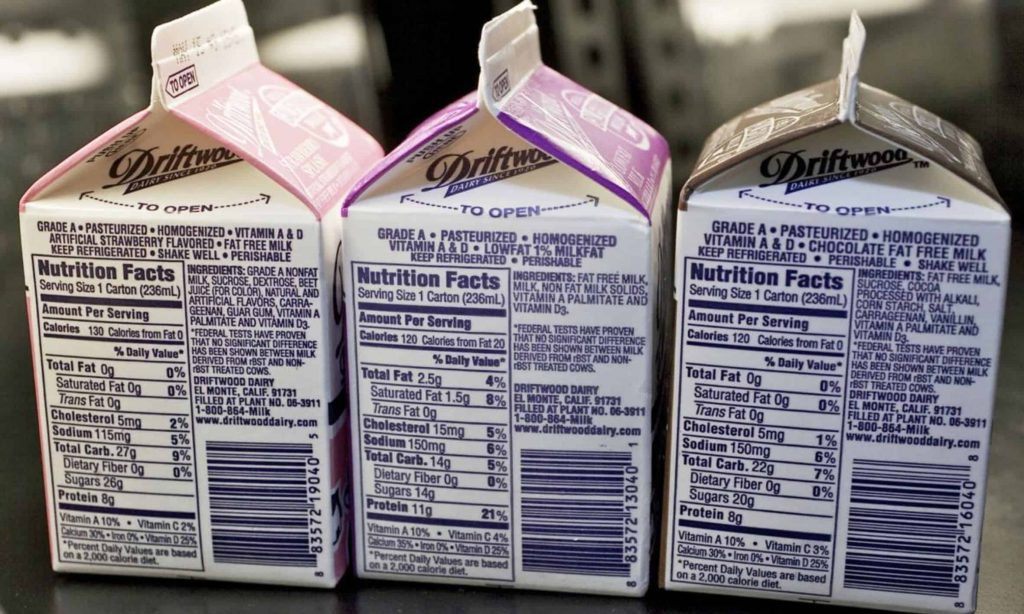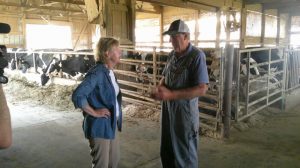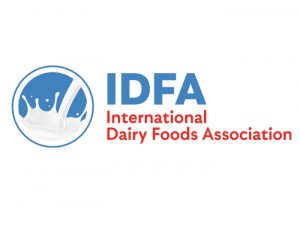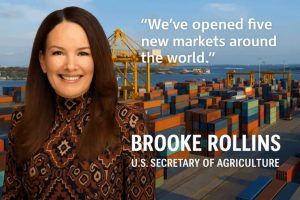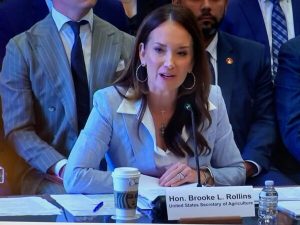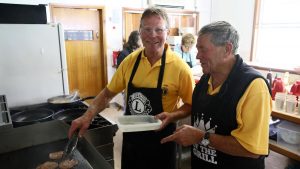
The tiny, half-pint cartons of milk served with millions of school lunches nationwide may soon be scarce in some cafeterias, with districts across the country scrambling to find alternatives.
The problem is not a shortage of milk itself, but the cardboard cartons used to package and serve it, according to dairy industry suppliers and state officials.
Pactiv Evergreen of Lake Forest, Illinois, which bills itself as “the leading manufacturer of fresh food and beverage packaging in North America” acknowledged in a statement Friday that it “continues to face significantly higher than projected demand” for its milk cartons.
The shortage is affecting the company’s ability to “fully supply some school milk orders,” according to Matt Herrick, spokesperson for the International Dairy Foods Association.
School officials in New York, Pennsylvania, California and Washington state said they were preparing for the shortage, while the U.S. Department of Agriculture acknowledged that the supply chain problem affects “multiple states.”
In California, state education officials told schools to be flexible with how they offer milk to kids, including limiting milk choices; using boxed, shelf-stable milk; and providing milk using bulk dispensers.
The carton shortage — which could also affect milk and juice served in hospitals, nursing homes and prisons — has forced officials across the country to brainstorm backup plans.
In Clarence, New York, local school district officials told parents they plan to provide “small bottles of water or cups of milk with lids” if the cartons run out.
In Lake Stevens, Washington, 40 miles (64 kilometers) from Seattle, chocolate milk was missing from this week’s dairy delivery, said Jayme Taylor, director of communications for the local school district.
“That’s the only complaint we received from students,” she said in an email.
Milk is required to be served with school meals, but officials with the USDA’s Food and Nutrition Service issued a memo late last month allowing districts to serve different types or sizes of milk during the supply shortage — or to skip milk altogether.
It’s not clear how long the carton shortage could last. In Everett, Washington, school officials told parents to expect a disruption in cafeteria milk supply that could “range up to several months.”
Herrick said U.S. milk processors are working with other package suppliers to resolve the shortage. He said he expected the problem to improve within weeks and to be resolved by early next year. __
The Associated Press Health and Science Department receives support from the Howard Hughes Medical Institute’s Science and Educational Media Group. The AP is solely responsible for all content.
